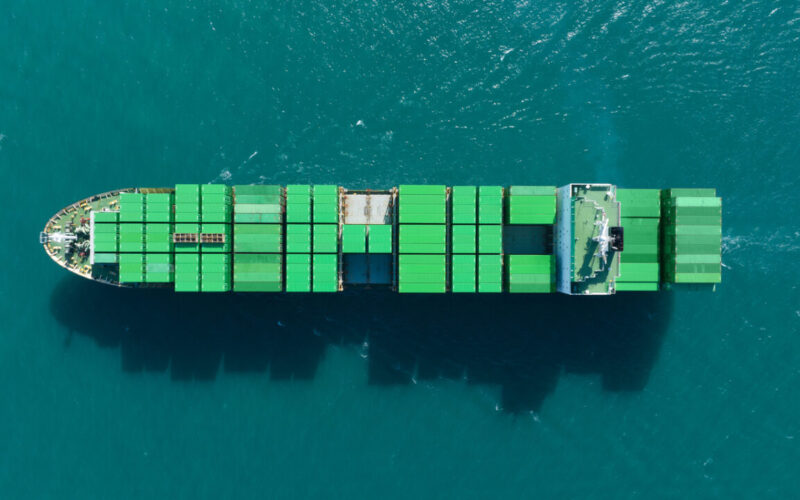Port of Tyne advances Green North Sea Corridor plans
The Port of Tyne has hosted key UK and European stakeholders to share progress on the Green North Sea Shipping Corridor, a major initiative to decarbonise maritime transport between the UK and the Netherlands.

Backed by UK Government and Dutch funding, the project supports the transition to methanol-powered DFDS ferries, explores infrastructure upgrades at both ports, and promotes international collaboration to create a scalable model for zero-emission shipping corridors.
The Port of Tyne brought together key UK and European stakeholders to share progress on the Green North Sea Shipping Corridor Project.
The flagship initiative is working to decarbonise maritime transport, accelerate the adoption of environmentally friendly fuels in the sector and secure green jobs of the future.
At a recent event at the National 2050 Maritime Innovation Hub, representatives from the project’s partner organisations, including the Netherland’s Ministry of Infrastructure and Water Management, the Department for Transport and Innovate UK, came together to review the results of initial feasibility studies and technical assessments which are helping shape the future of one of the world’s first green shipping corridors.
The project, launched in November 2024, is part of a £9 million ($12 million) investment, with the UK Government contributing £1.5 million ($2.01 million) and the remainder match-funded by the sector.
The corridor will connect the Port of Tyne with the Port of IJmuiden in the Netherlands and support DFDS in the transition to methanol-fuelled RoPax vessels, due to enter service between 2029 and 2030.
The technical work for the project was led by Ricardo, a global environmental and technical consultancy.
Attendees heard from Rolph Spaas, Partner at Darel Consultancy, who presented results regarding the conclusion of feasibility studies carried out on behalf of the Port of IJmuiden.
The results confirmed that, with targeted structural and operational adjustments, the Port of IJmuiden can be made ready to accommodate DFDS’s new vessels.
Matthew Moss, Principal Consultant at Ricardo, presented findings from its technical workstreams, including infrastructure assessment, terminal electrification, regulatory evaluation, and methanol supply chain considerations.
The session offered insights into the type and sourcing of the methanol required, as well as the practical steps needed to ensure compliance and readiness across both ports.
By exploring landside infrastructure needs, fuel availability, regulatory frameworks and environmental impacts, the project is laying the groundwork for wider adoption of green shipping corridors across the UK and Europe.
The event also explored opportunities for international collaboration, with discussions centred on how lessons learned from this route could support the UK’s maritime decarbonisation strategy and contribute to the development of a global network of zero-emission shipping corridors.
Earlier this March, transportation and environmental policy experts from California state agencies and the ports of Long Beach, Los Angeles, and Shanghai met to discuss creating a Green Shipping Corridor to decarbonise the maritime industry.

